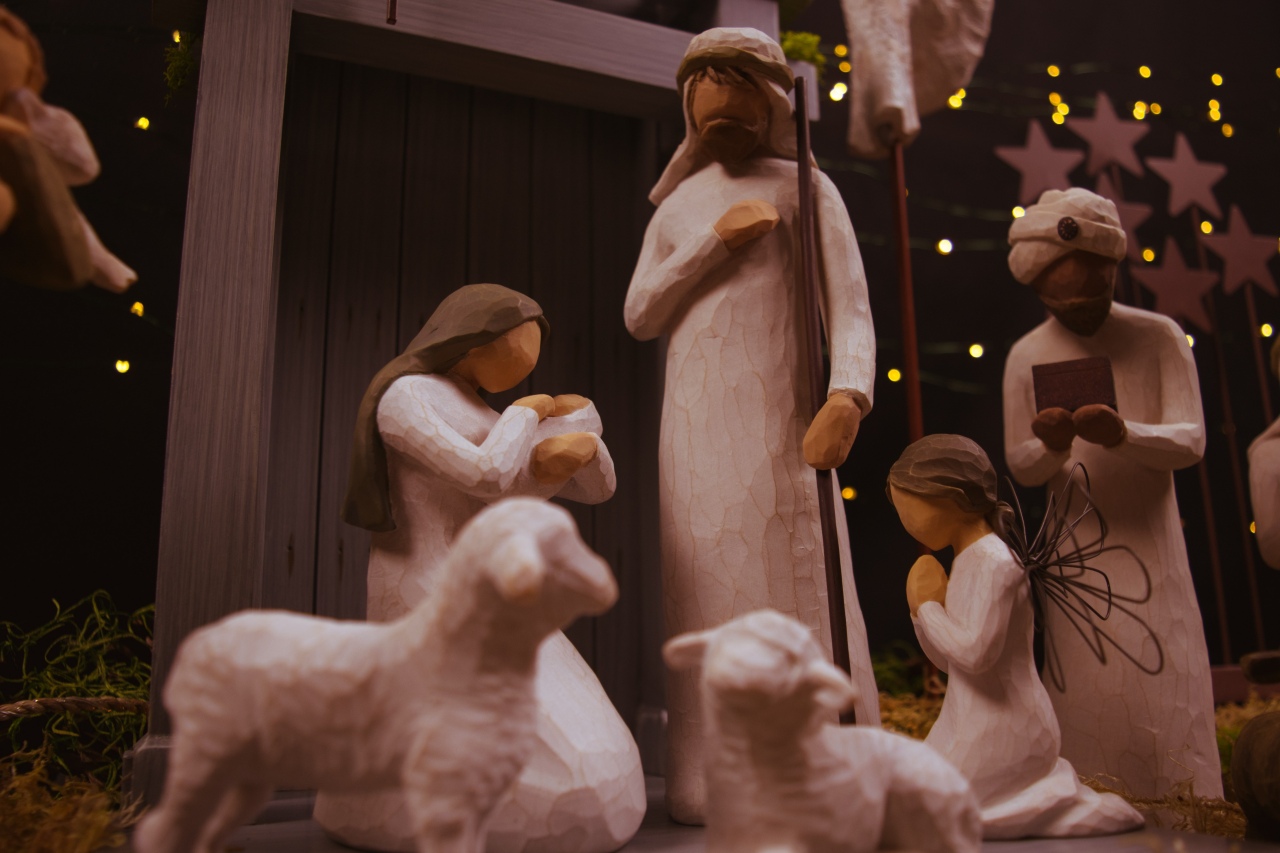
Not everyone shares the excitement of Jesus’ birth at Christmas. As we celebrate Christmas, should the counter-narrative surprise us? Find out why you should celebrate the wonder of “God with us“ openly and unashamedly.
Read Matthew 2:1–18
‘After Jesus was born in Bethlehem in Judea, during the time of King Herod, Magi from the east came to Jerusalem and asked, “Where is the one who has been born king of the Jews? We saw his star when it rose and have come to worship him.” When King Herod heard this he was disturbed, and all Jerusalem with him.’ (vv1–3)
Despite the excitement of many within the early chapters of Matthew’s and Luke’s Gospels at the announcement of the birth of Jesus, there were others who were not so excited.
Indeed, they were opposed and threatened by the news. King Herod was one such individual. Matthew tells us, ‘When King Herod heard [the news] he was disturbed, and all Jerusalem with him’ (v3).
As a result, Herod set out to extinguish this threat to his reign (v13). Not everyone shares the excitement of Jesus’ birth at Christmas.
Whilst some may be opposed to the celebration, even more will be indifferent to the reason Christians celebrate this time of year.
Opposition to God’s purposes, plans and people is something that has been present from the beginning, fuelled by Satan and his forces (Gen. 3:15).
The apostle Paul tells us that our fight is not against flesh and blood but rather is against the evil forces of Satan and his associated principalities (Eph. 6:12).
As we celebrate Christmas, we should not be surprised that there is a counter narrative taking place, an alternative story of denial, greed and self-gratification. All the more reason for us to celebrate openly and unashamedly the wonder of ‘God with us’.

A PRAYER TO MAKE:
‘Lord, help me to unashamedly praise You in the places and contexts You have put me. Amen.’
AN ACTION TO TAKE:
How might we ‘counter’ the counter narratives that try to obscure the true purpose of Christmas?
SCRIPTURE TO CONSIDER:
Gen. 3:1–15; Eph. 6:10–20; 1 Pet. 5:1–10; Rev. 20:7–10







